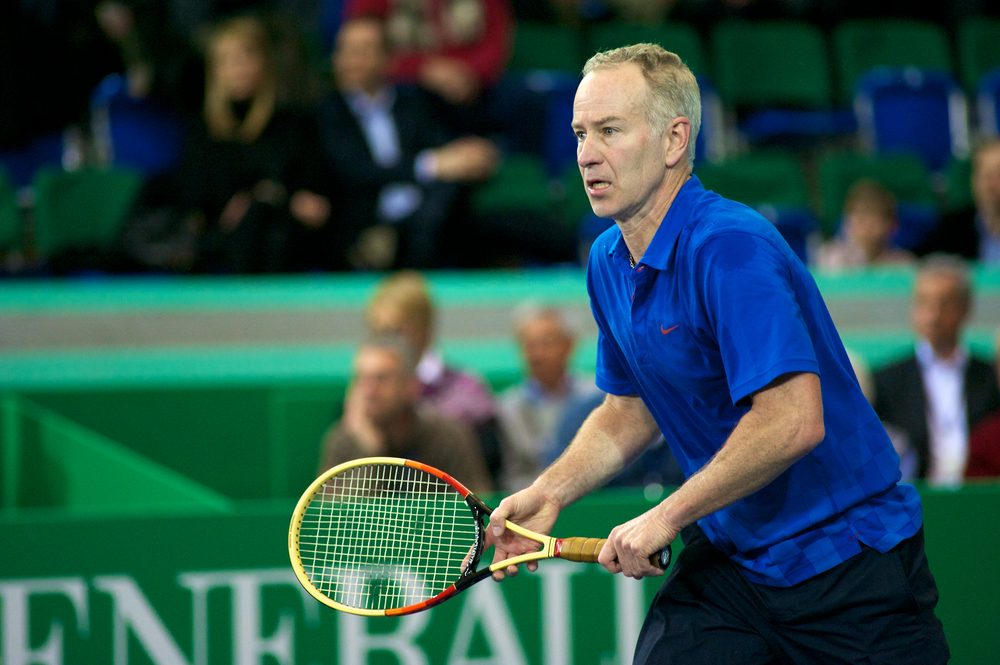
It’s not everyday that you hear a professional athlete say the use of drugs should be acceptable in sports.
Three-time Wimbledon champion John McEnroe expressed his unconventional opinion at the BNP Paribas Open in Indian Wells, saying that athletes should be allowed to use performance enhancing drugs, as long as they are legal.
McEnroe’s comments come after Russian tennis star Maria Sharapova tested positive for meldonium, a drug she’d been taking for 10 years but was just recently added to the banned drug list on Jan. 1, 2016 by the World Anti-Doping Agency.
“If a drug is legal? That is like a no-brainer. I mean, are you kidding?” McEnroe told BBC Sport. “People have been looking since the beginning of time for an edge, and you’re constantly looking for these things in any way, shape or form.”
Sharapova, a five-time Grand Slam winner, claims to have been unaware meldonium had been added to the banned drug list, and said she was taking the drug for medical reasons, such as irregular heartbeat, magnesium deficiency, and diabetes prevention (which runs in her family). However, many athletes take the drug to increase their endurance and help with speedy recovery times.
“Meldonium increases an athlete’s endurance and exercise tolerance and it also reduces recovery time, which is really important in high-level athletes,” New York physician Dr. Robert Glatter explained to CBS. “It basically increases and improves blood flow. It does this by reducing oxygen consumption. It acts in a structure in the cell called the mitochondria, the energy powerhouse of the cell.”
Sharapova is fighting back, blaming the World Anti-Doping Agency for not communicating more efficiently about the drug changes, saying that it was “buried in newsletters, websites, and handouts.” But even so, she is already losing sponsors and could end up with a four-year ban from the game.
Though McEnroe believes athletes should be allowed free reign with legal drugs, he doesn’t buy Sharapova’s ignorance about the matter and thinks someone working for her had to know meldonium was a “no-no.”
“[It] would be hard to believe that no one in her camp, the 25 or 30 people that work for her, or Maria herself had no idea that this happened,” he told the Tennis Channel.
Back in 2015, 17% of 4,316 Russian athletes tested positive for meldonium, in addition to 2.2% of athletes around the world, all which could have factored into meldonium being added to the banned list. The drug is used in many eastern European countries without a prescription, but the FDA has yet to approve it in the U.S.
